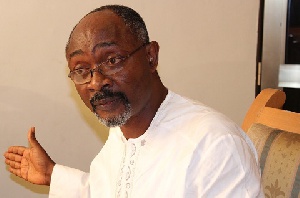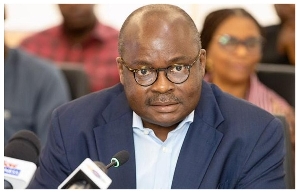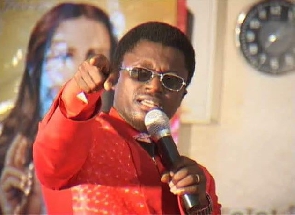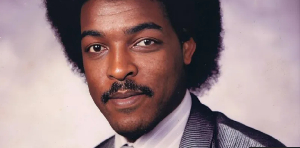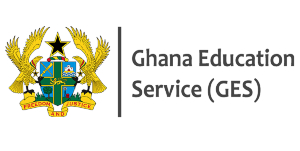It has emerged that embattled businessman, Alfred Agbesi Woyome, who has been dismissed by the Supreme Court for attempts to temporarily halt his oral examination by the Attorney General over the GH¢51.2 million judgement debt paid to him by the state, is reeling under untold economic hardship.
According to Ken Anku, lawyer for the National Democratic Congress (NDC) financier, his client ‘doesn’t have’ any money.
The lawyer made the disclosure yesterday at the court when Godfred Yeboah Dame, a deputy Attorney General (AG), urged the sole judge, Justice A. A. Benin, to award a cost of GH¢20,000 against Mr. Woyome in the case in which he (Woyome) had filed an application to stay his oral examination by the AG.
Justice Benin had dismissed the application, describing it as unmeritorious, therefore paving the way for the AG to orally examine Mr. Woyome over the controversial GH¢51.2 million judgement debt.
He said the application had no basis and as such there was no need to stay the proceedings.
The judge said among others that Mr. Anku failed to tell the court if his client would suffer anything when the stay was not granted.
The oral examination would border on whether Mr. Woyome owed the state any debt and whether he had “any property for satisfying the judgement of the court dated July 29, 2014.”
Also, the oral examination, according to the court, would be premised on whether the businessman “has any means of satisfying the judgement of this court, dated July 29, 2014’’ and the manner in which he “used the money paid to him by the Republic of Ghana.”
Medical Report
Mr. Woyome’s lawyer brought a medical report from the 37 Military Hospital indicating that his client was unwell.
Mr Dame contended that the medical certificate from the hospital did not say that Mr. Woyome could not walk to court.
He noted that Woyome’s application was utter frivolous, stressing that “definitely, the day of reckoning will come,” an apparent response to what appeared to be Woyome’s attempt to dodge the oral examination with an excuse of ill-health.
Justice Benin had insisted that Mr. Woyome be given the two weeks’ excuse duty the doctor had ordered.
Emotions
Earlier, the judge wondered why Mr. Anku appeared to be emotionally attached to the case before the court.
Justice Benin held that it was appropriate for the lawyer to handle the case in a professional manner.
Mr. Anku had retorted that the deputy AG was not a “doctor” to be given the medical certificate of Mr. Woyome.
On that the judge said parties in the case have the duty to be decorous.
Ruling
It would be recalled that the court, at its previous sitting, placed an embargo on the shares owned by Mr Woyome in 11 companies, following his GH¢51.2 million indebtedness to the state.
The companies are Anator Holding Company Limited, AAW Management Consulting Services Limited, Green Township Security Services Company Limited, Anator Construction Company Limited, Woyome Brothers International Limited and Stewise Anator Company Limited.
The rest are Stewise Shopping Company Limited, Green Townships and Industrial Parks Development Company Limited, Anator Power Company Limited, Green Townships (GH) Company Limited and Special Economic Zone International Trading Company Limited.
Per the order, Mr. Woyome was also to appear before the court to explain why the embargo should not be made permanent.
Arguments
Mr Anku, quoting Article 134 (b) of the 1992 Constitution, said the Article gives the applicant the right to seek a review of the decision of the sole judge for the sake of justice and fairness.
He argued that it was unfair for the court to go ahead with the execution of the order they seek to overturn before a three-member panel of justices on July 18.
Mr Anku stated, among other things, that his client will suffer irreparable damage if the state starts to attach his (client’s) properties.
Mr. Dame countered by claiming that Mr. Woyome had again failed to show that he would suffer any irreparable damage if the order of the court was executed.
In the view of the deputy AG, the applicant had failed to satisfy the essential ingredients for stay of execution, adding that the application was an attempt to evade the execution of the court’s judgement.
He contended that justice and fairness would rather be served if the proceedings continued.
General News of Wednesday, 5 July 2017
Source: dailyguideafrica.com





